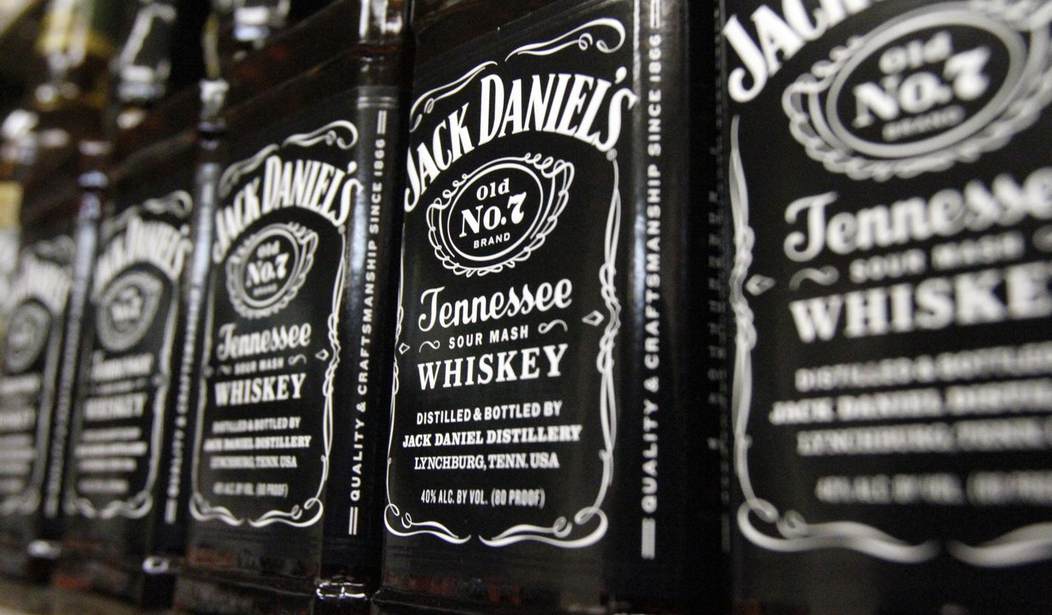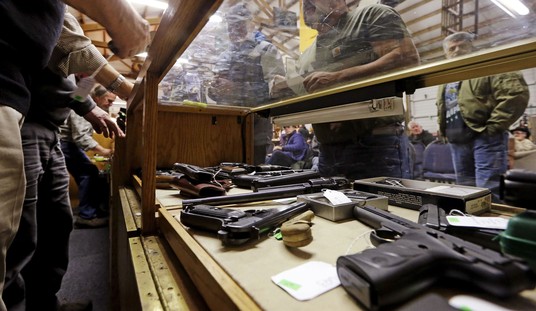On Monday, I wrote a bit about the gun control activists’ attack on the marketing of firearm companies. In that, the author tried to compare gun advertising to tobacco.
However, there are profound differences. Gun manufacturers have never pretended their products were anything but dangerous tools that could be used to take a life.
Yet after writing that piece, I started thinking about the outright hypocrisy involved in any of this.
You see, while tobacco companies have their ability to advertise restricted by the government, there are a lot of other products that claim more lives than guns do every year that don’t just advertise, but whose ads are welcome in venues gun advertisements aren’t.
Prime time television is littered with advertisements for alcohol, for example. Beer, wine, and hard liquor ads are rampant on TV, the internet, print advertisements, and pretty much anywhere else they can slap a commercial. Alcohol manufacturers sponsor countless events as well, and not just drinking-focused events, but even family-friendly things.
Those ads often paint alcohol as an integral part of having a good time. People who are drinking in the ads are living their best lives, thus painting drinking as essential.
According to the National Institute of Alcohol Abuse and Alcoholism, alcohol accounts for 95,000 deaths each year. It’s the third-leading cause of preventable death in the United States.
Yet no one is calling for restricting Budweiser’s ability to advertise.
To put this in perspective, however, that’s more than twice the total number of firearm-related deaths in the US annually. That’s including suicides, which account for more than half of that number and is an intentional action rather than just some accident or misuse.
Now, I don’t have an issue with drinking or alcohol. I don’t drink much myself, but I don’t forbid alcohol in my home and I don’t look down on people who enjoy a drink. I’m not even someone who thinks alcohol shouldn’t advertise.
What I have an issue with is the hypocrisy of a product that accounts for more deaths annually than guns yet no one bats an eye at their marketing while targeting gun manufacturers because of theirs.
And it’s not just alcohol where this double standard exists, either.
The NTSB reports that in 2021, 42,000 people died in auto accidents. That’s more than the total number of lives claimed with a firearm.
Think about the car ads you’ve seen through the years. Not all of them, mind you, but a number of them brag about how fast they accelerate, how agile the handling is, things like that. These are things that may entice people to use these features, even if they’re not skilled enough to handle high rates of speed in traffic. This can and does lead to traffic fatalities.
No one is talking about restricting how car companies advertise.
Obesity accounts for 300,000 fatalities every single year. No one is talking about restricting McDonald’s ability to advertise. No one is cracking down on Ben & Jerry’s for their marketing.
“But tobacco!” someone may cry, which is fine.
Keep in mind that while the tobacco industry has had its advertising interdicted for decades now, tobacco use still accounts for 480,000 death annually, according to the CDC. That’s something like 11 times more people than can possibly be attributed to guns each year.
See, while the restrictions against tobacco were likely created with the best of intentions, I have zero reasons to believe that to be the case with those who want to do the same to the gun industry.
The firearm industry’s marketing is already severely limited. They don’t advertise except to an audience that’s specifically tailored to be open to their advertising. Their ads show up in gun and outdoor magazines and television shows with the odd ad popping up on gun-focused websites or videos.
Yet these other products–products that account for legions more fatalities each and every year–face no such restriction.
How can we look at this effort and not see it as nothing more than a politically motivated attempt to cripple an industry that these lawmakers don’t like? This is an industry they’ve been extremely critical of, that they don’t like selling products many Americans want to buy, but the marketing angle has been their only line of attack. So, they’re using tobacco as a template.
But as I’ve illustrated, the threats aren’t even remotely comparable. Do you think anyone pushing this will bother to look?







Join the conversation as a VIP Member